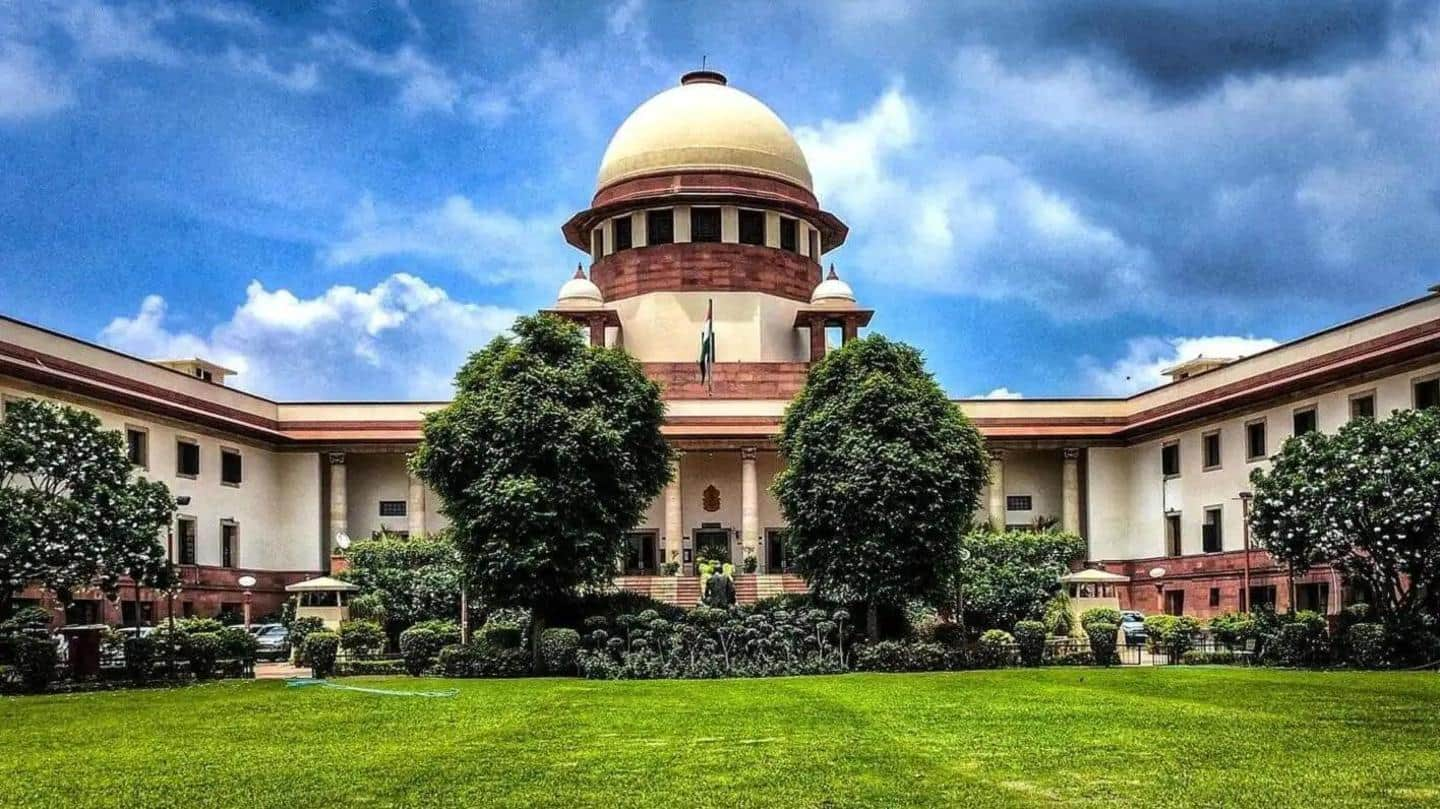
Jagannath Puri: SC dismisses petitions against excavations, constructions around temple
What's the story
The Supreme Court on Friday dismissed several petitions challenging the Odisha government's excavation and construction around Puri's Jagannath temple, deeming the petitions "frivolous" and not in the public interest.
According to an official inspection report, the work as part of the Puri Heritage Corridor Project "has caused irreparable damage to the heritage site."
The petitioners claimed that the construction would harm the historic site.
Context
Why does this story matter?
Jaganath Puri is one of India's ancient historical sites.
The order came in response to appeals from the Orissa High Court, which had refused to stop the state from proceeding with the project on May 9.
The Supreme court stated that the high court order already addresses the appellants' concerns while fining the petitioners Rs. 1 lakh to be paid to the Odisha government.
Judgement
What did the apex court say?
The bench of justices BR Gavai and Hima Kohli stated, "The activities undertaken by the state are completely in tune with the orders passed by the Supreme Court in the Mrinalini Padhi matter (where the court is monitoring the preservation and protection of the Puri temple), and the petitions are without merit."
"There's no prohibition in the statute, as sought...by the appellants," it noted.
Quote
Necessary in larger public interest: SC
The court said a "hue and cry was made that the construction carried out is contrary to the inspection report by the Archaeological Survey of India (ASI)," while adding that, "however, the note of the Director-General of ASI...as well as the affidavit filed by ASI before the (Orissa) High Court would falsify the position."
The project is "necessary in larger public interest", it noted.
Odisha
What is the state government doing?
According to the Supreme Court, the high court had recorded the state's attorney general's statement regarding measures to make sure that no archaeological remnants were overlooked or damaged.
The temple city of Puri is being developed as a world heritage site at a cost of more than 800 crore by the state government for which the work is going around the ancient temple.
Petition
What did the petitioners say?
The appellants claimed that the construction was taking place in flagrant violation of Section 20A of the Ancient Monuments and Archaeological Sites and Remains Act (AMASR), 1958.
According to the law, construction or excavation is "totally prohibited" within 100 meters of a protected monument, except in rare situations with the approval of the union government or the ASI director-general.
ASI
ASI earlier justified its work, SC condemns misuse of PILs
The ASI earlier noted that work on toilets, drains, and electrical works within the restricted area don't fall under the definition of "construction" and can be undertaken.
Meanwhile, the court condemned the petitioners' actions, saying, "We find....mushrooming growth of such public interest litigations (PIL) where other than being in public interest, it's detrimental to public interest. We highly deprecated filing of such frivolous petitions."
Supreme Court
The court levy cost upon petitioners to curb PIL misuse
The Supreme Court stated that such attempts should be "nipped in the bud so that developmental activities in the larger public interest are not stalled," and went on to levy costs against the appellants for "encroaching upon valuable judicial time."
The petitioners claimed that irreparable damage was being done to the temple structure in the name of modification without any heritage impact assessment.